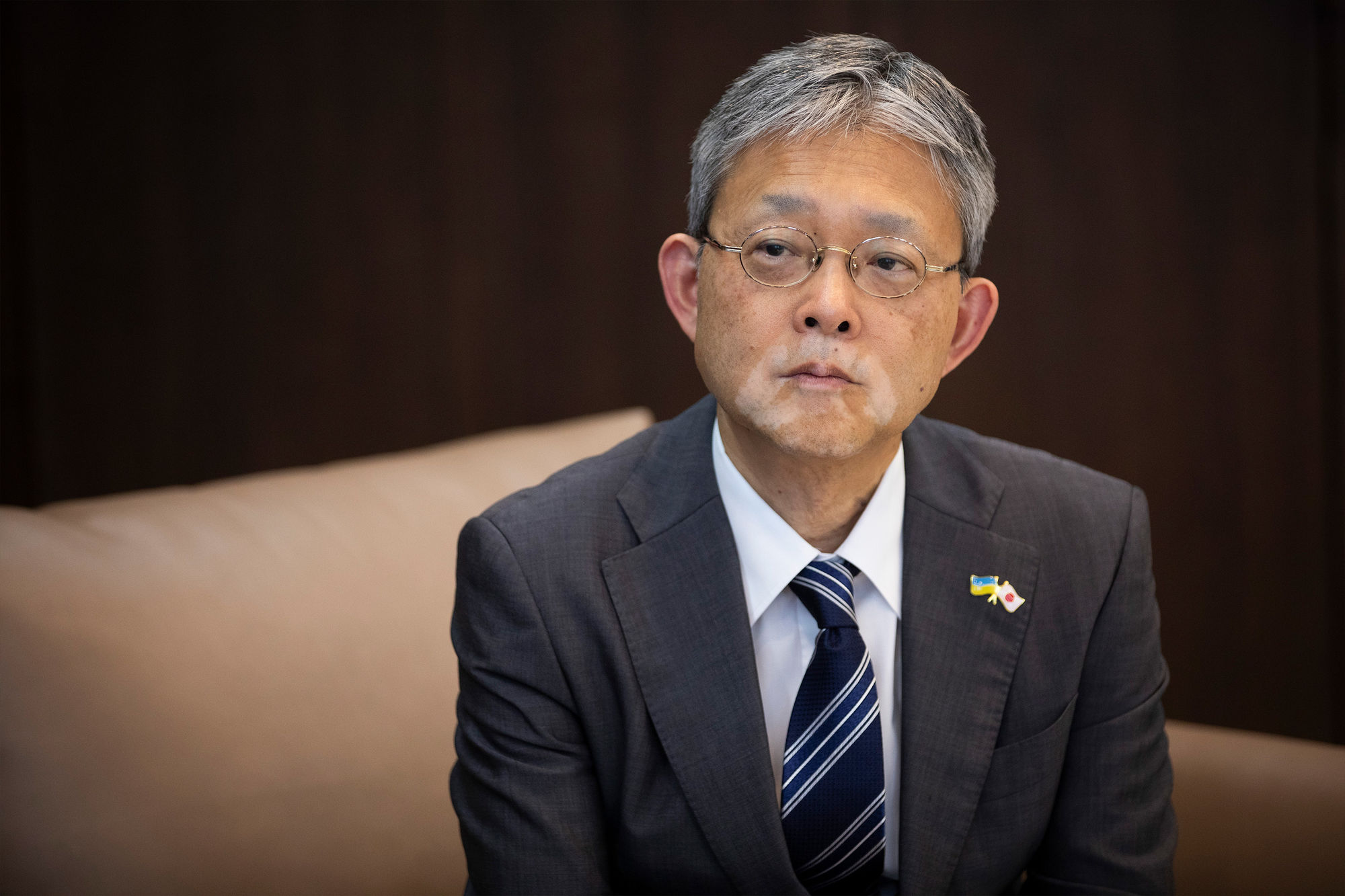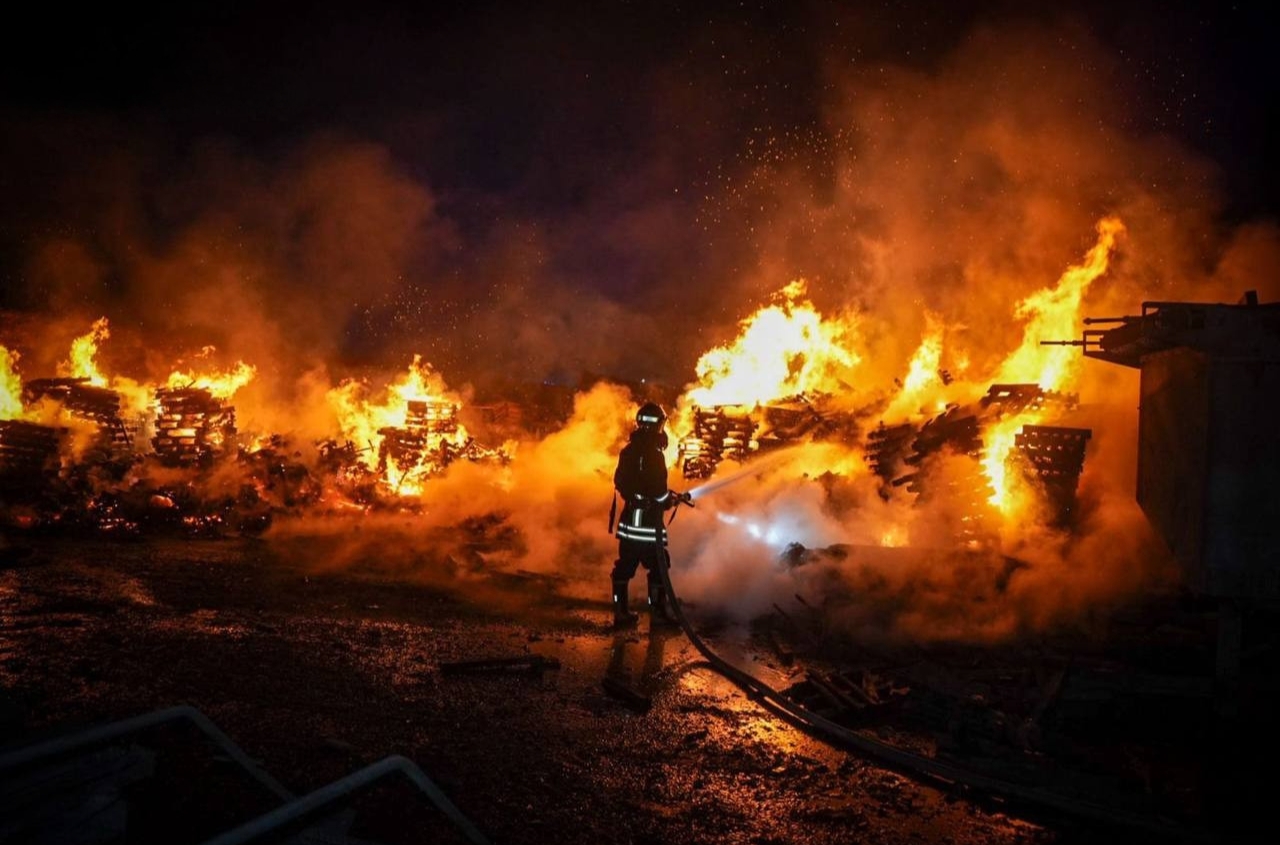On October 22, Japan hosted the opening of UMAC 2025, the world’s largest annual conference on mine action. Representatives from 57 countries are taking part in the event, including the foreign ministers of Japan, Croatia, Lithuania, and Sweden, as well as senior officials from the EU, the UN, and leading international organizations. The Ukrainian delegation is led by Oleksii Sobolev, Ukraine’s Minister of Economy, Environment, and Agriculture.
This year’s program focuses on envisioning the post-demining future and exploring how people and technology can accelerate the process, making it safer and more efficient. The conference includes sessions dedicated to business opportunities, innovative financing, and digital transformation in the sector.
During the event, partner countries announced more than $80 million in new commitments to support humanitarian demining. The list of donors includes Belgium, Italy, the Netherlands, Norway, Switzerland, and Sweden.
As the host country, Japan also unveiled a new package of long-term support for Ukraine’s comprehensive recovery — including investments in human potential, technical capacity, and resources — with a focus on social and economic rehabilitation and the safe return of civilians to normal life.
The Czech Republic also confirmed funding for new demining projects.
“Demining is one of the first steps in Ukraine’s recovery, paving the way for the sustainable development of key sectors such as agriculture, forestry, energy, and infrastructure. Together with our international partners, including the Government of Japan, we are attracting financing, integrating technologies, and localizing production to make the industry resilient and investment-friendly,” said Oleksii Sobolev.
Deputy Minister Ihor Bezkaravainyi, opening a panel discussion on the humanitarian demining nexus, emphasized that clearing land from mines and explosive remnants should be integrated into all major reconstruction projects — from agriculture to energy. This approach, he said, accelerates reconstruction, attracts investment, and ensures donor funds generate the highest socio-economic impact.
“Every safe hectare means people can return home, grow crops, and earn a living. It brings new jobs, technologies, and experience that make our country stronger. Demining is not just a challenge — it’s a major opportunity to build skills, industries, and trust in Ukraine’s future,” noted Bezkaravainyi.
Several key memorandums were also signed during UMAC 2025 to deepen international cooperation in humanitarian demining — including agreements between Ukraine and Slovenia to enhance coordination in demining and reconstruction, and between Japan’s Ministry of Foreign Affairs and Ukraine on strategic partnership in mine action.
In addition, a memorandum was signed between Azerbaijan’s ANAMA and Ukraine’s State Emergency Service (SES), providing for the training of Ukrainian sappers with donor funding and the exchange of best practices in specialist preparation.
The conference concluded with the adoption of a joint declaration signed by representatives of 45 countries and international organizations. The document reaffirms the collective commitment to accelerate humanitarian demining in Ukraine as a prerequisite for recovery, strengthening cooperation in three key areas: people, technology, and the nexus approach. It also emphasizes the importance of professional training, inclusion of women, veterans, and people with disabilities, and the development of innovative technologies such as robotics, drones, and AI systems — along with localizing equipment production in Ukraine. The declaration also calls on partners to use innovative financial tools, including front-loading and impact investments, to ensure sustainable funding and a transition from humanitarian response to long-term development.
The Ukrainian delegation expressed gratitude to the Government of Japan for hosting the event and for its leadership in global mine action, noting that UMAC 2025 once again served as a platform for unity, innovation, and joint action aimed at accelerating Ukraine’s recovery and strengthening global security.



















